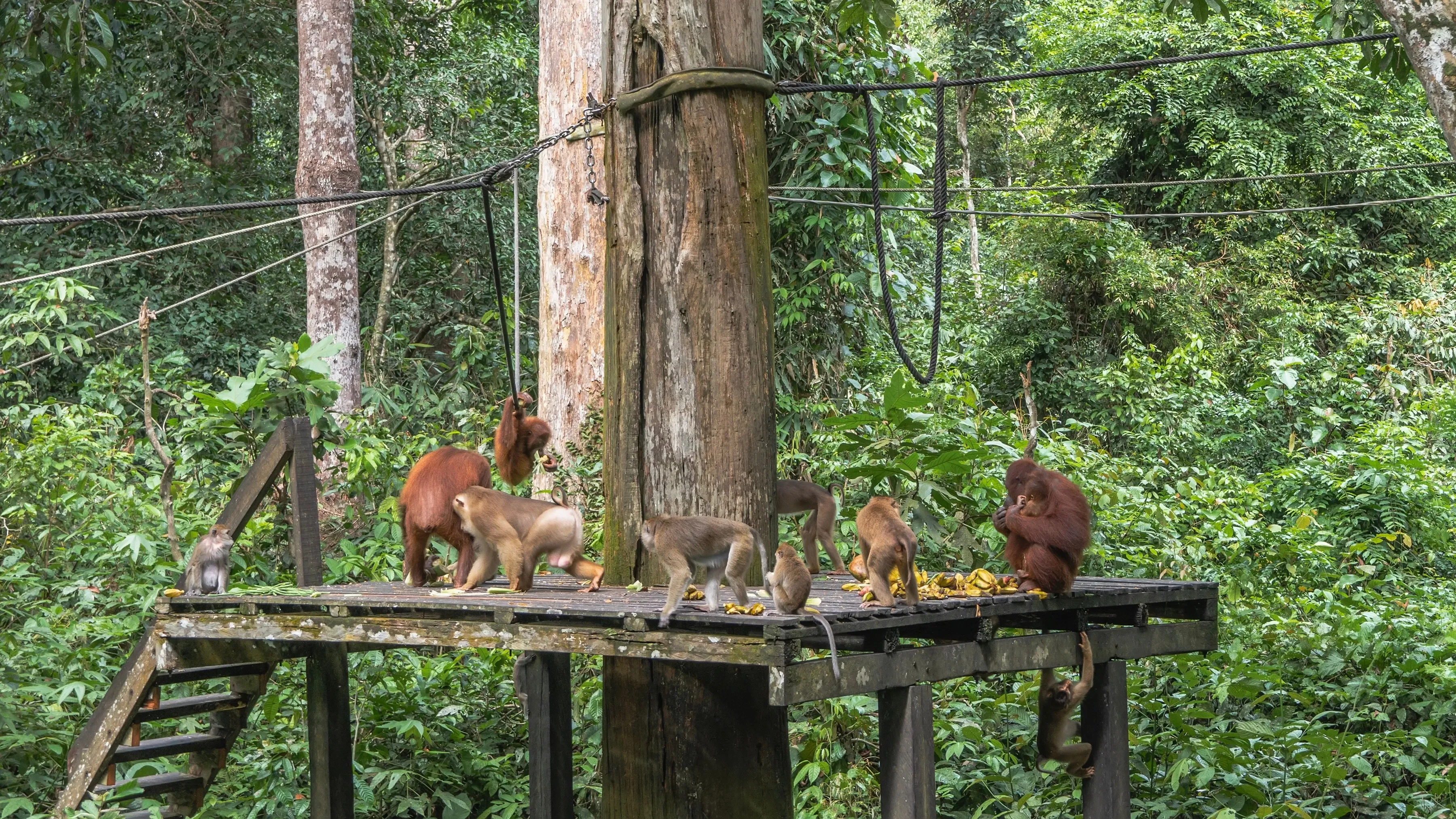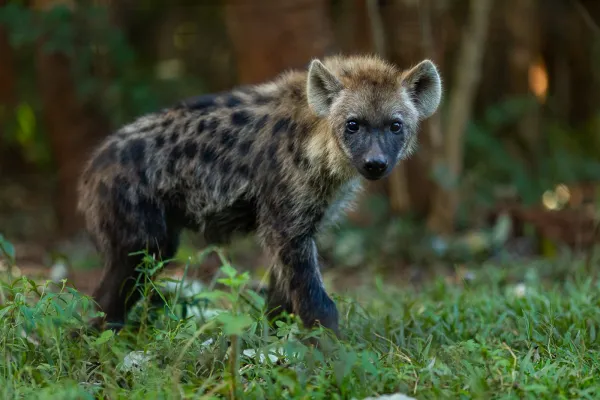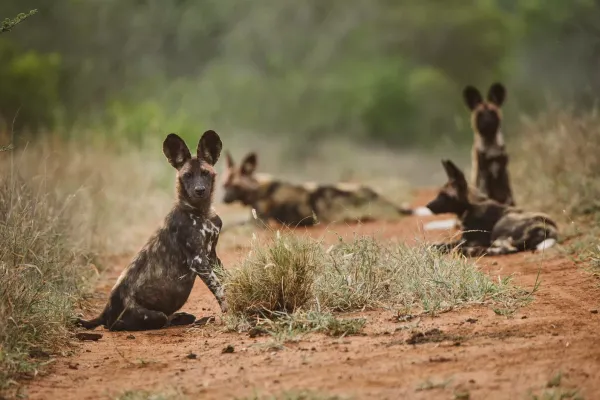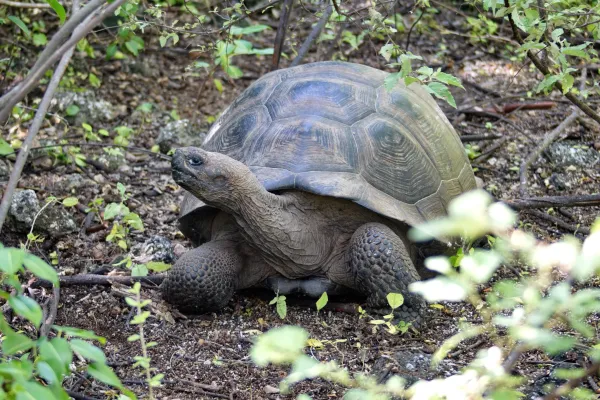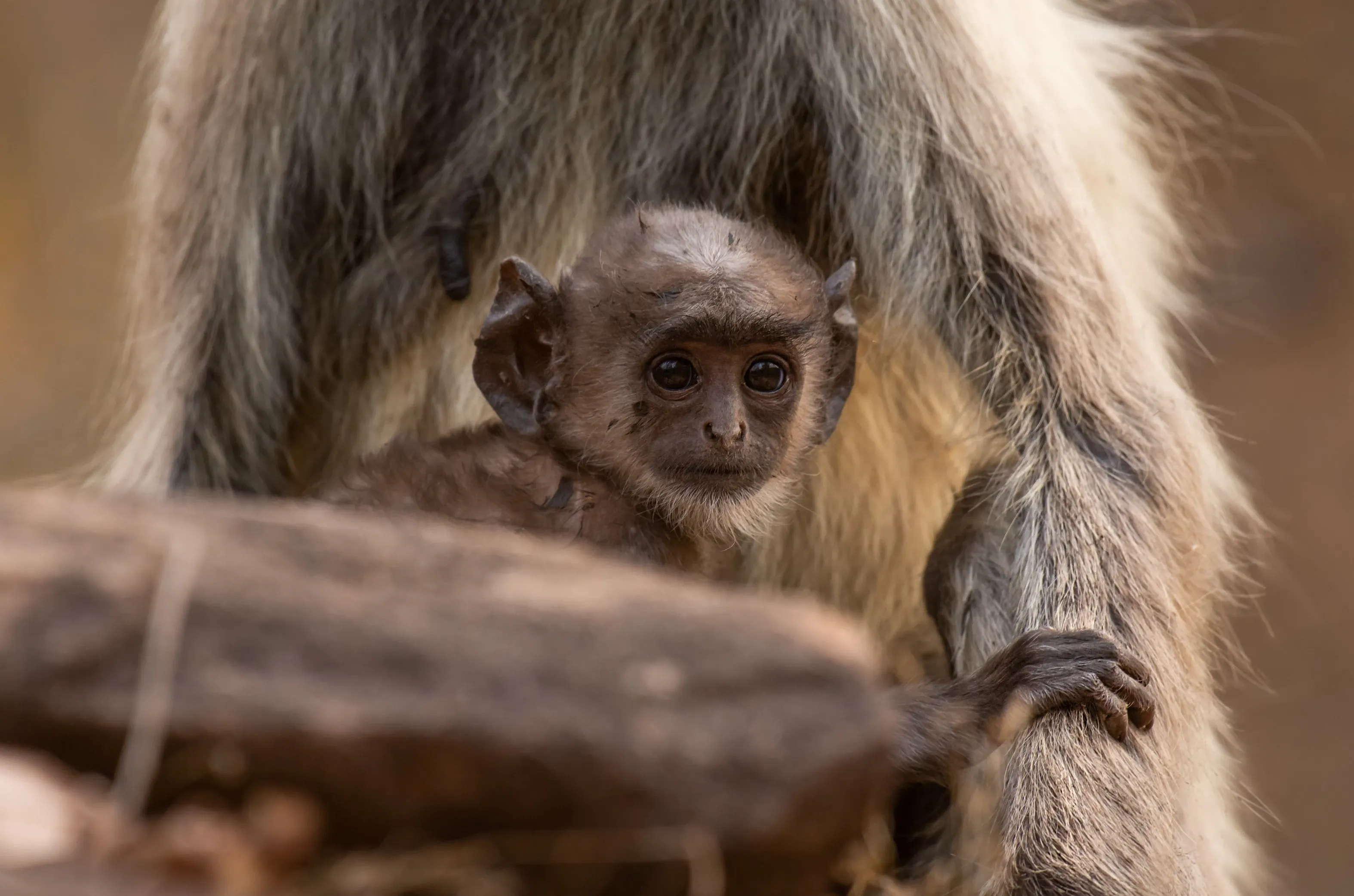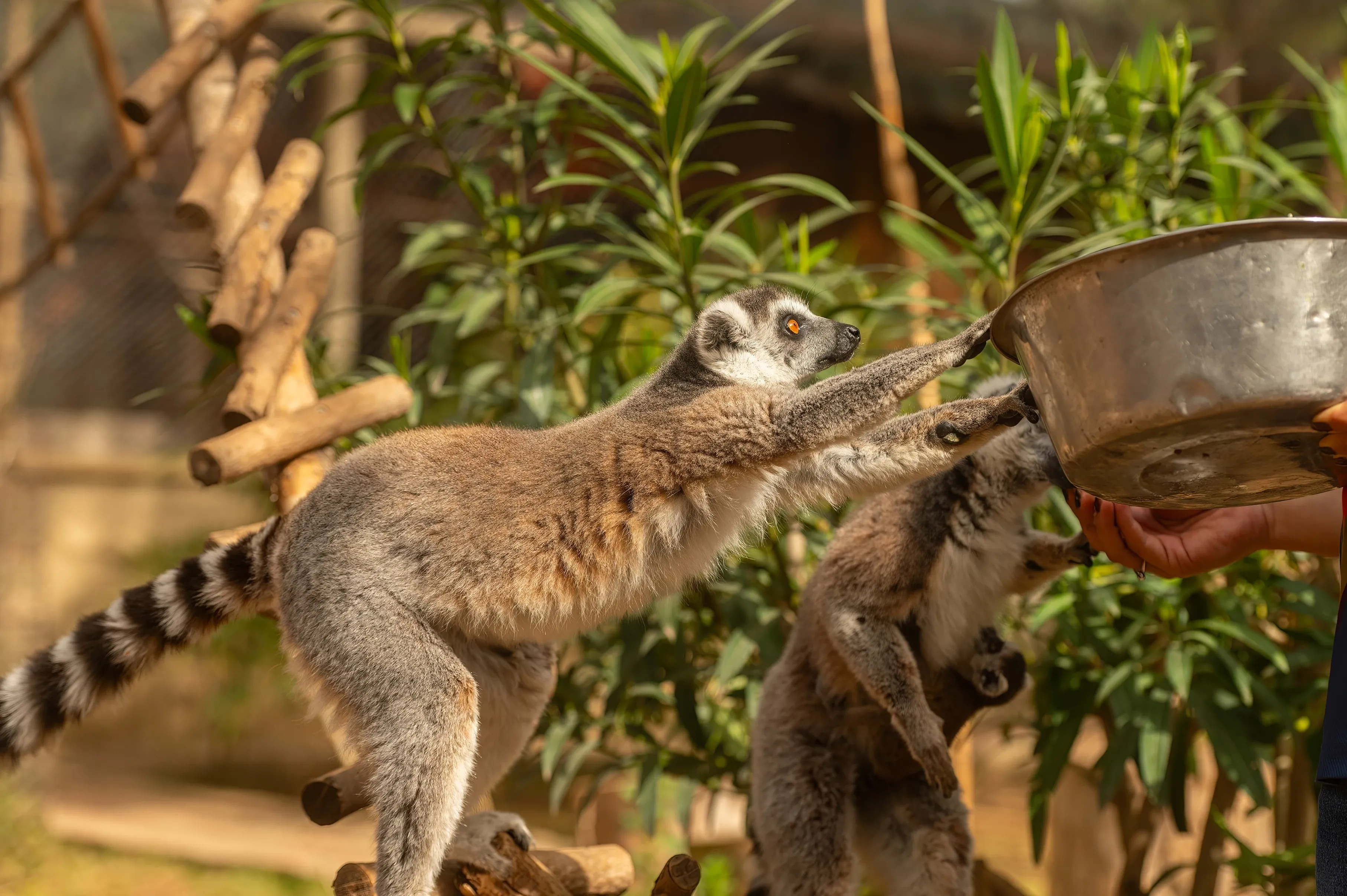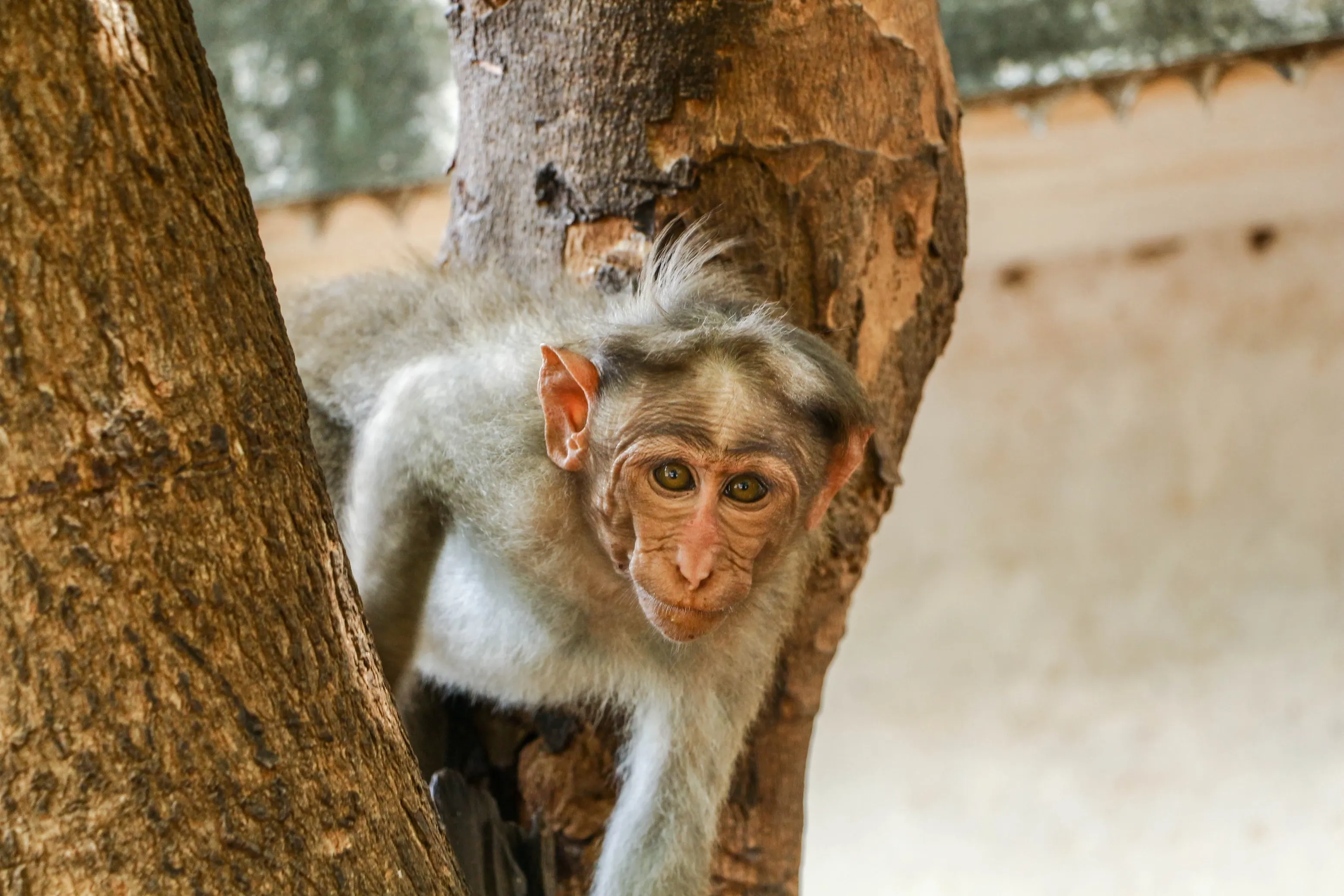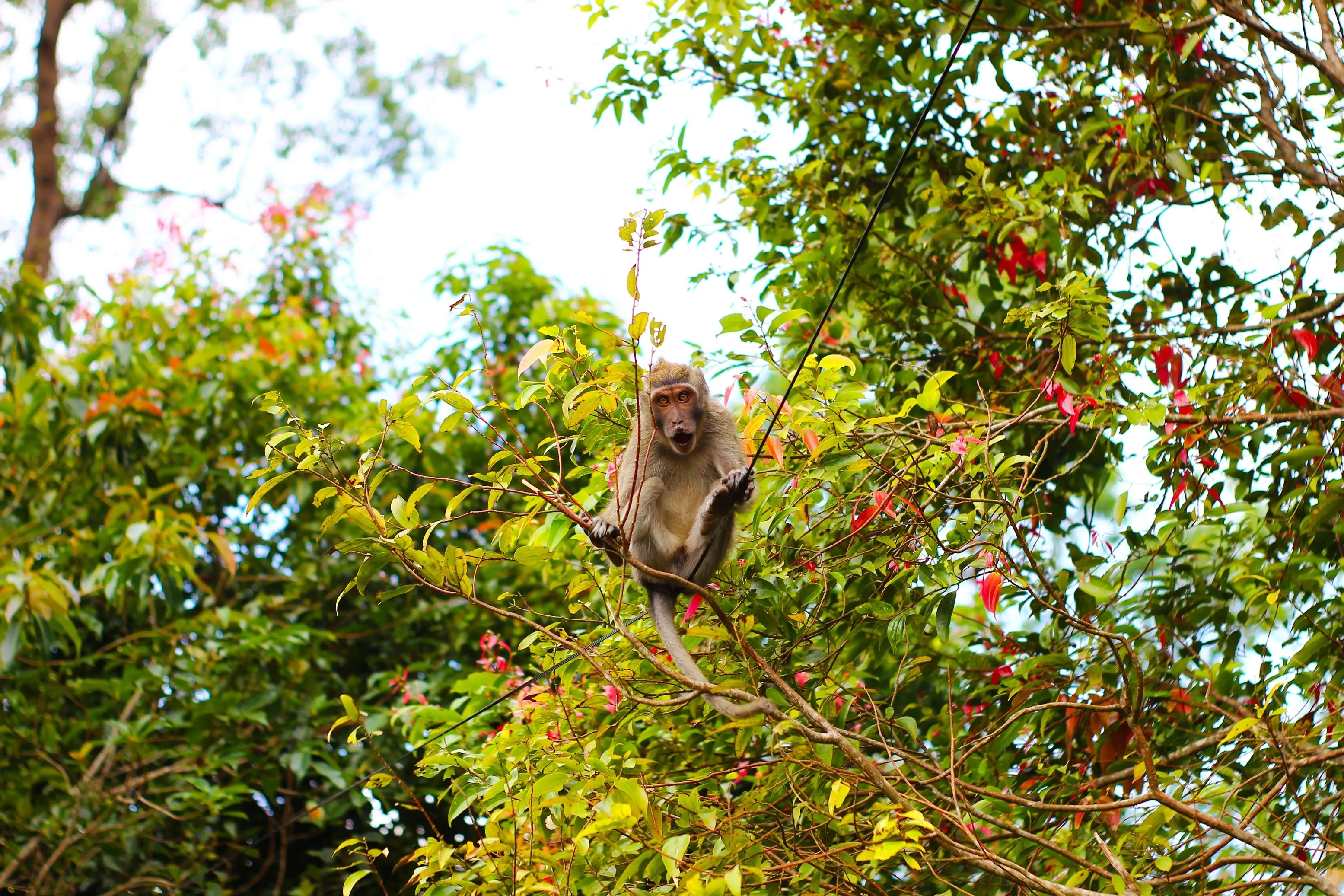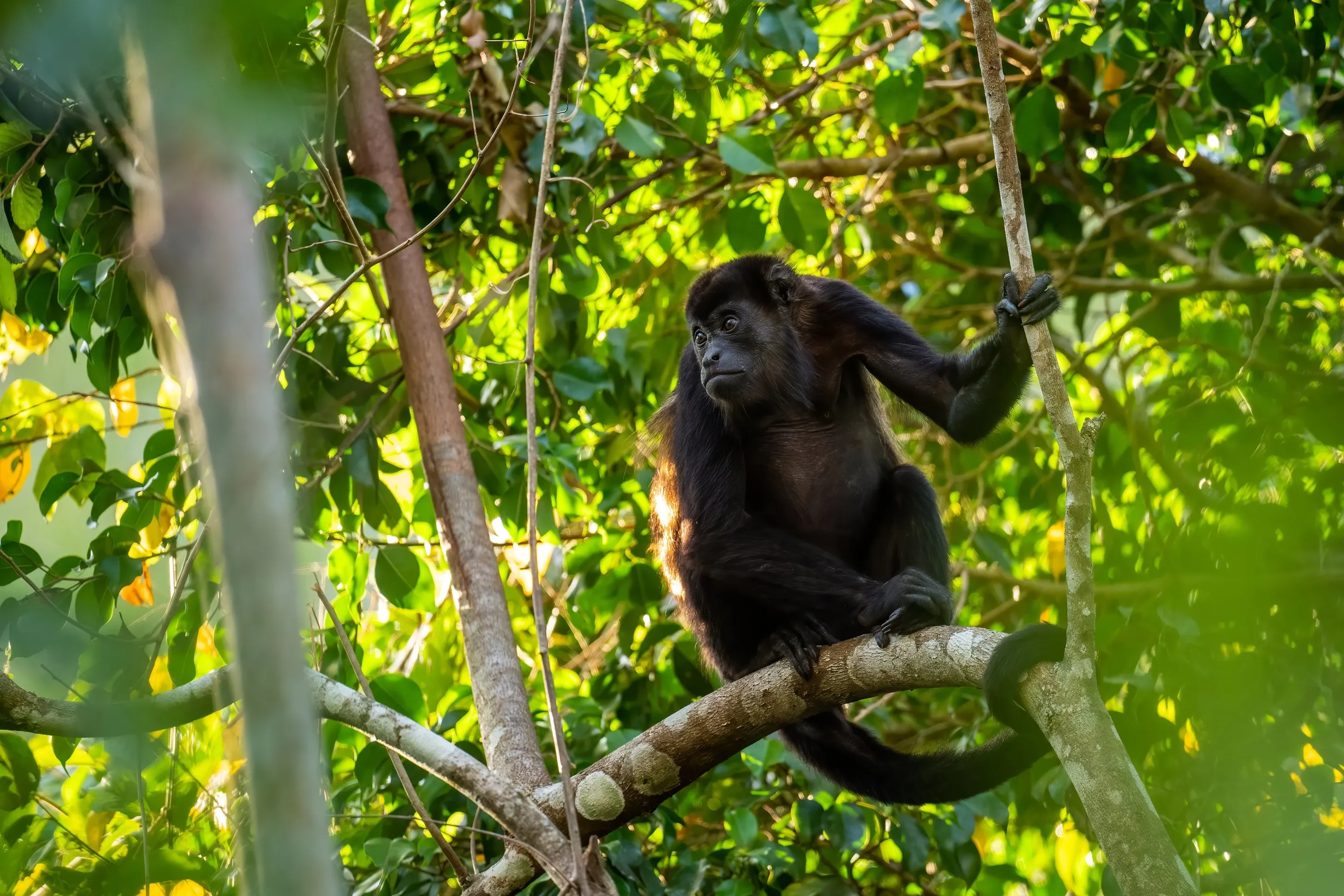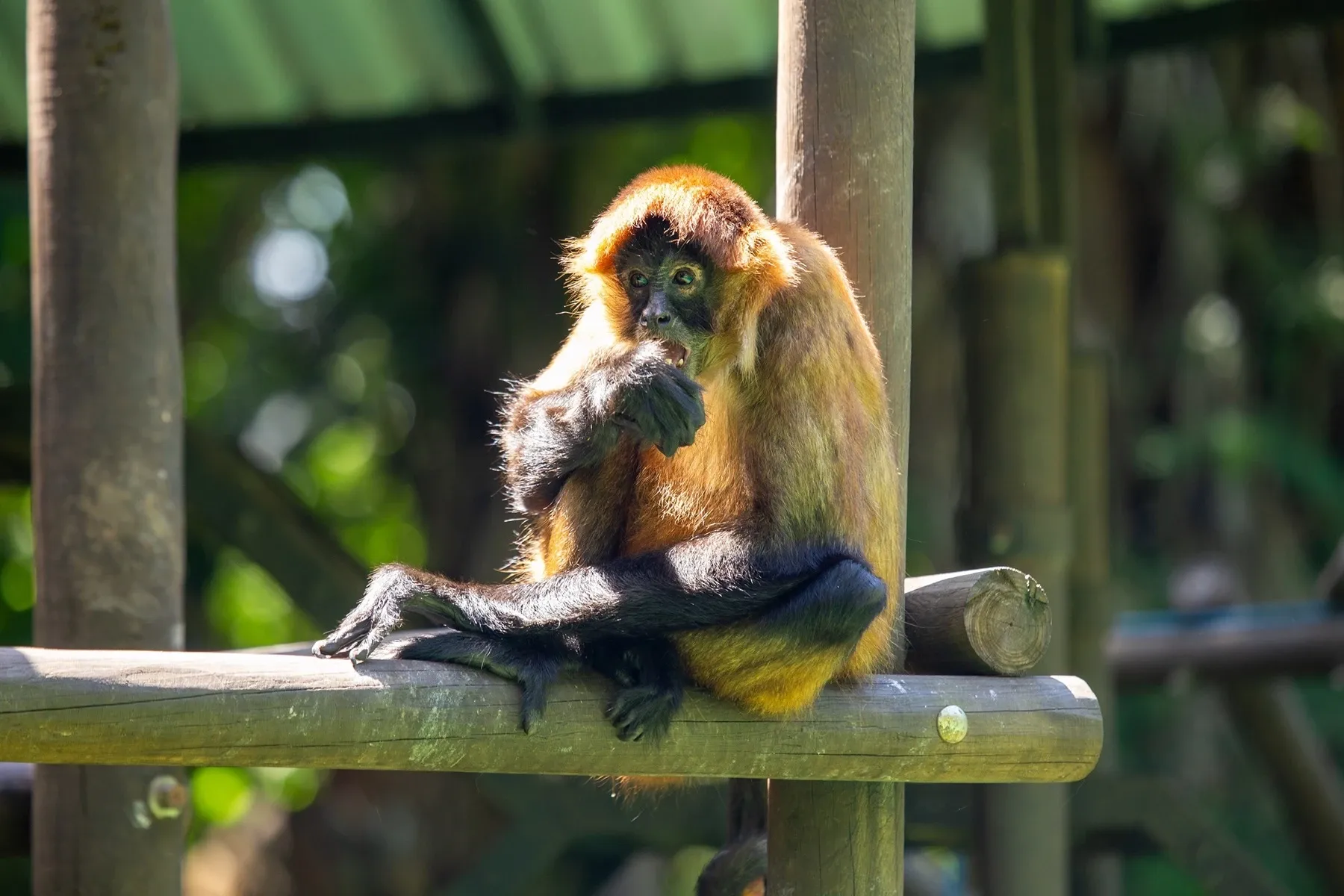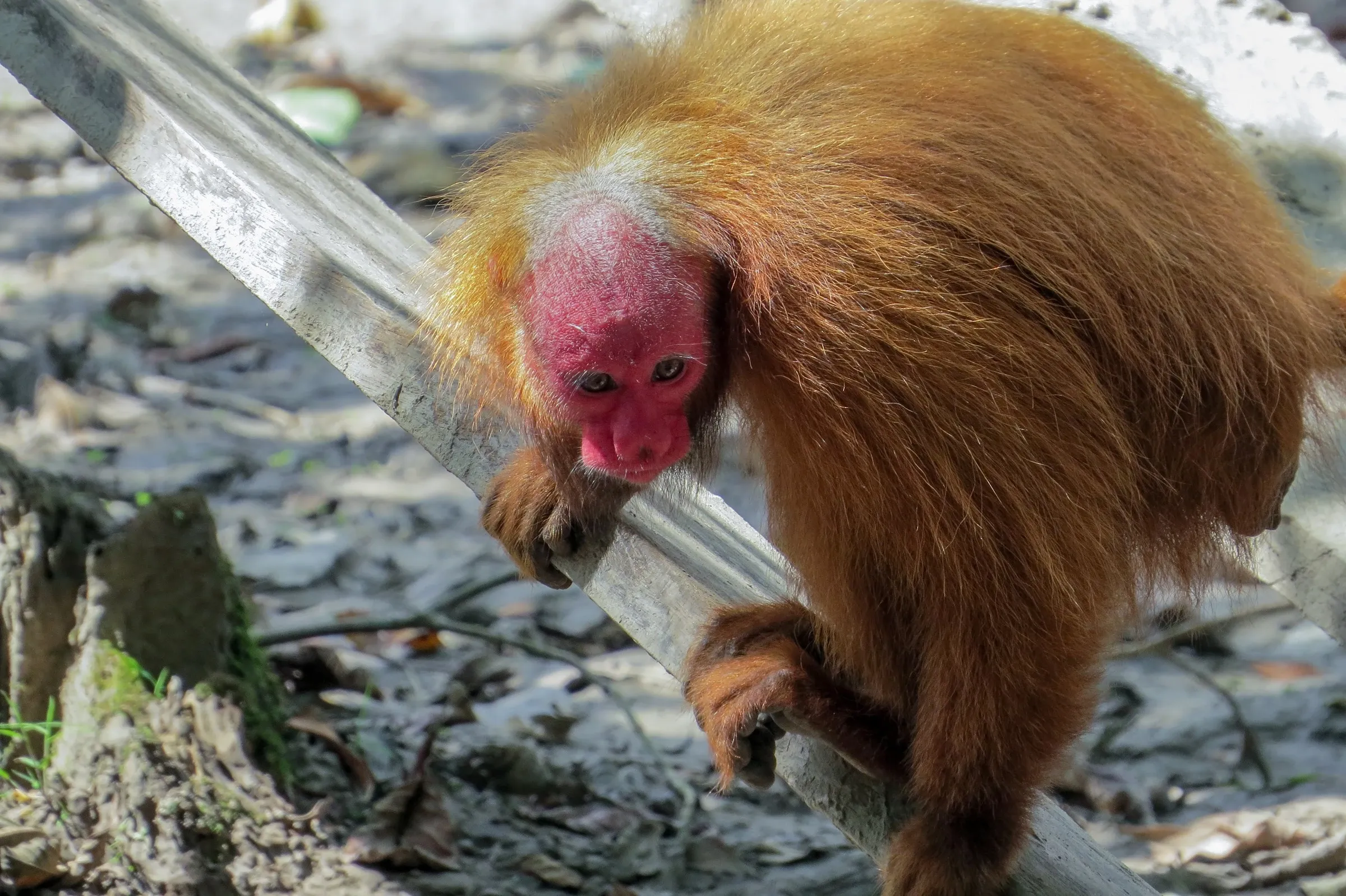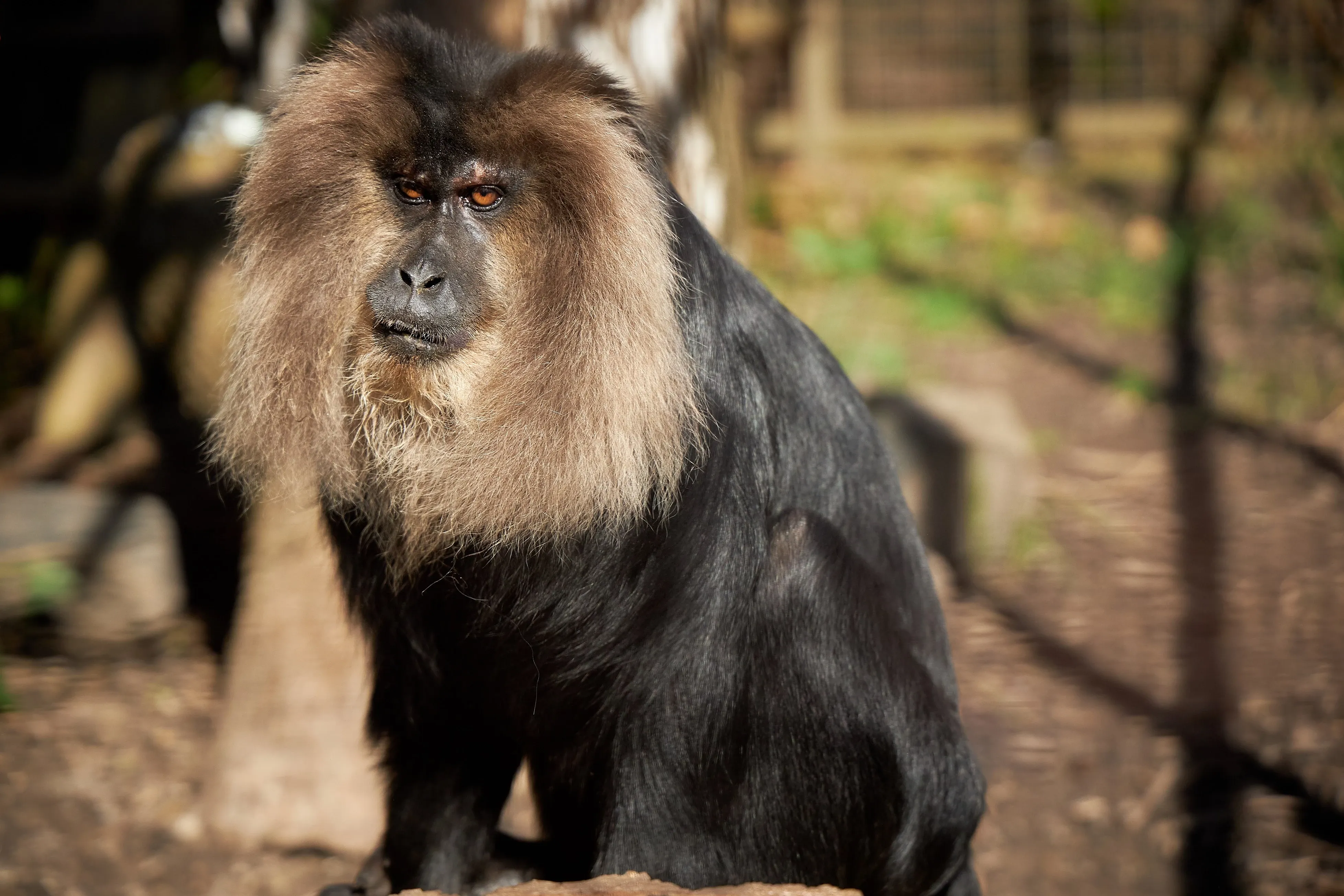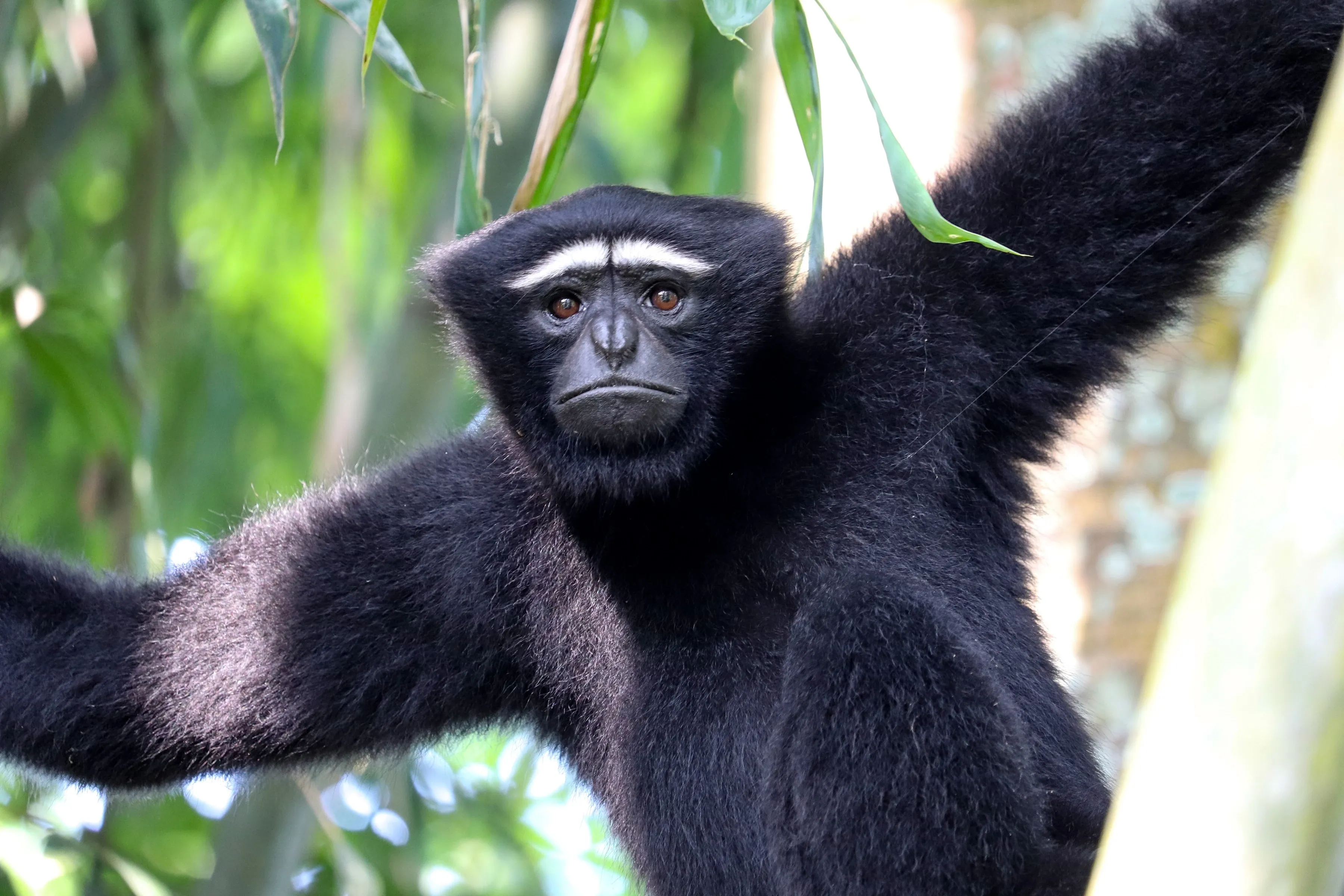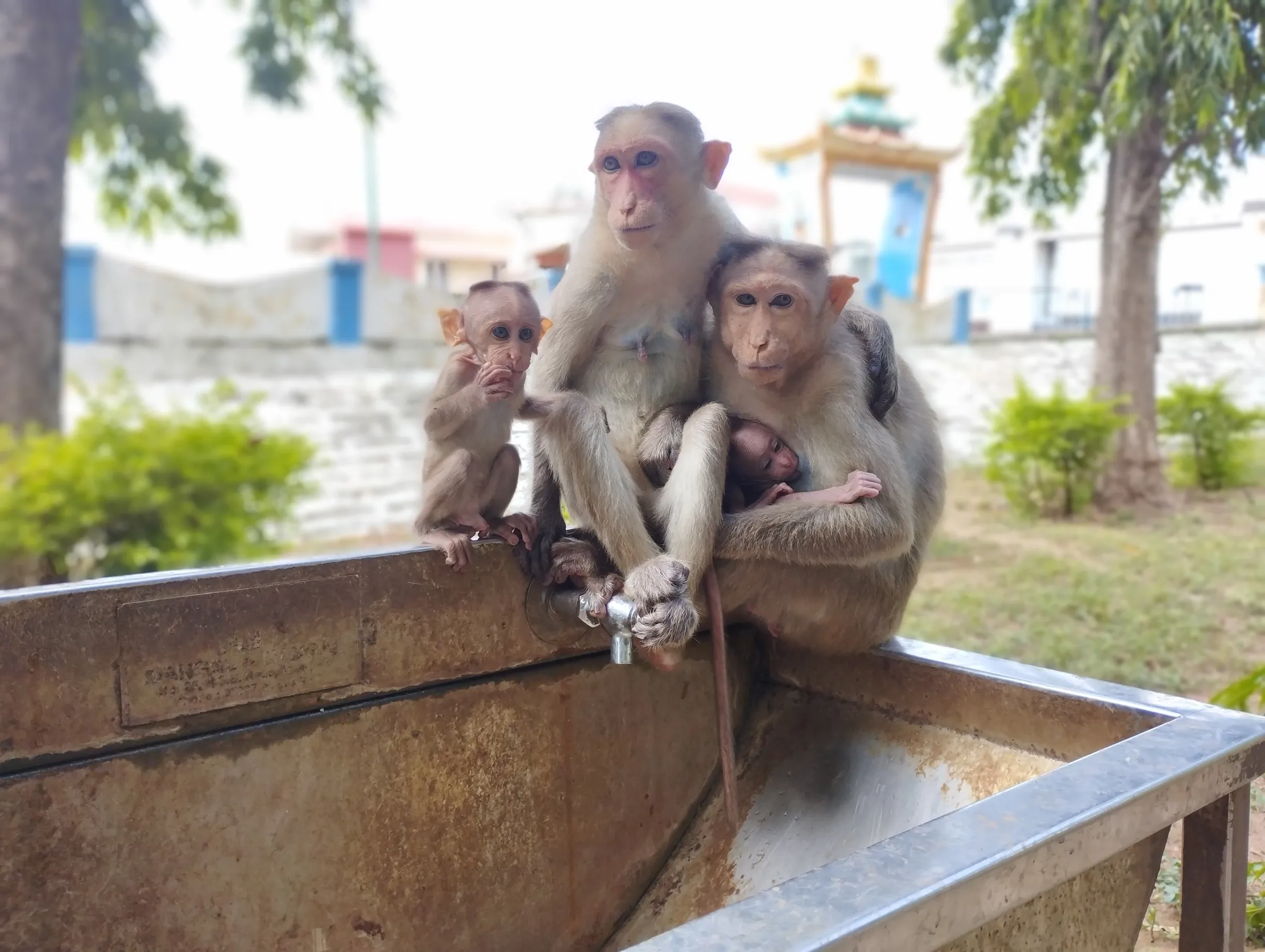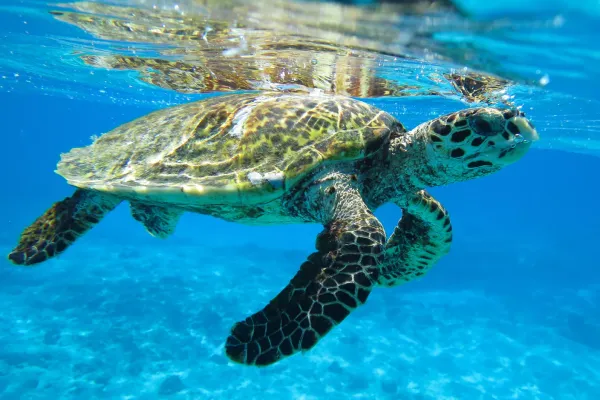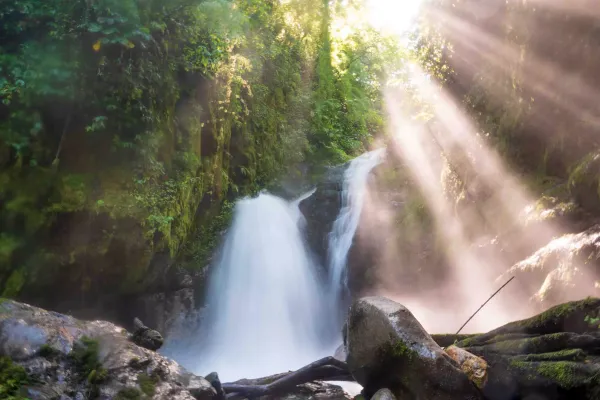Volunteering with primates
Volunteering in primate conservation offers a deeply fulfilling way to positively impact the lives of these fascinating creatures. It provides a rare opportunity to see primates in their natural habitats and play an active role in protecting their environments and populations.
Through this experience, volunteers gain a comprehensive understanding of primate behaviors and needs, as well as valuable insights into the complexities of conservation work.
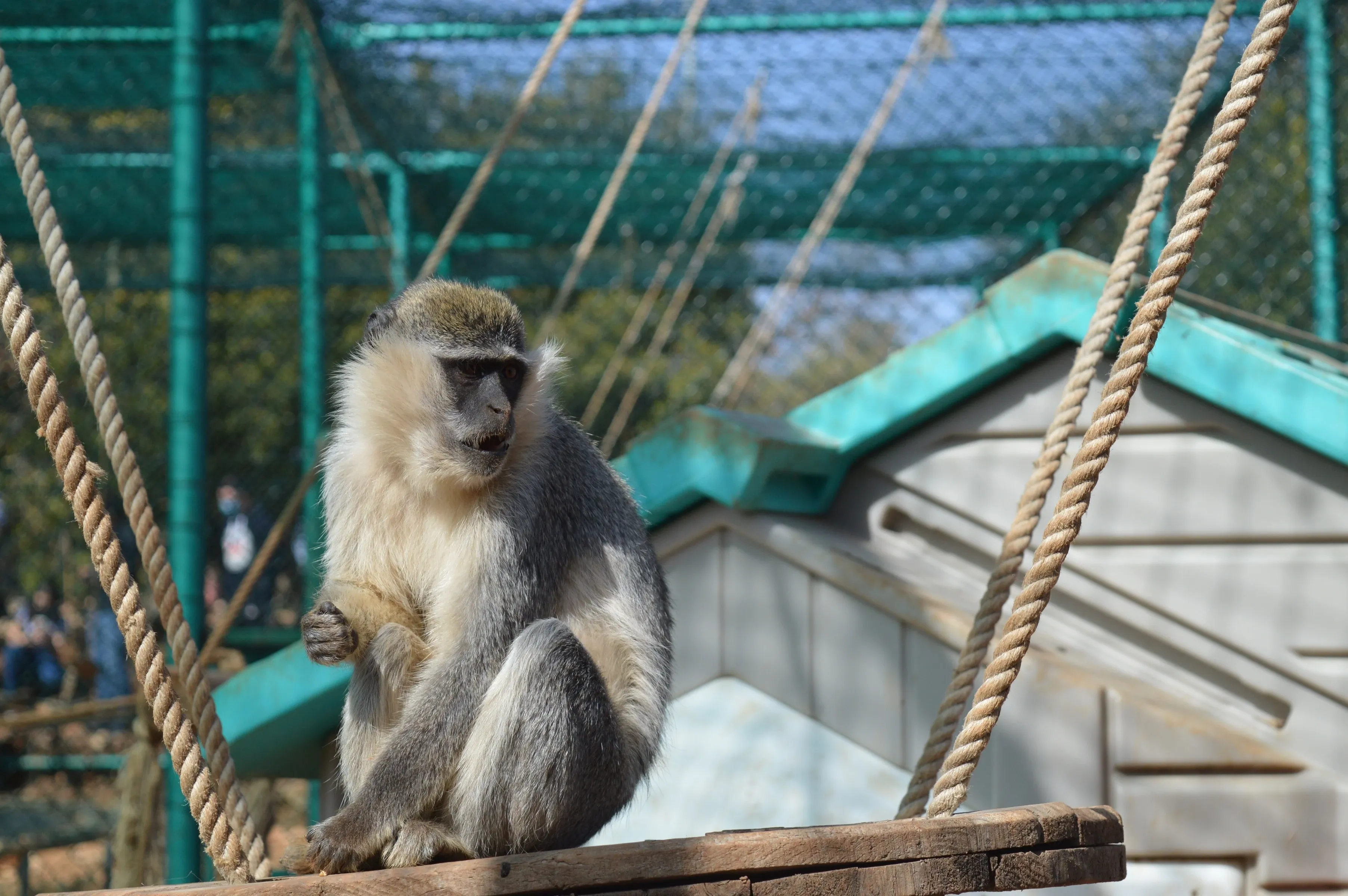
This involvement not only aids in the preservation of endangered primates but also connects volunteers with a global network of conservationists and researchers dedicated to biodiversity. Whether driven by a passion for wildlife, a commitment to making a significant difference, or a curiosity about primates, volunteering in this field is a meaningful way to support the health of our planet and ensure the survival of these extraordinary animals.
Highlights of volunteering with primates
- Observe primates in their habitat while experiencing their behaviours and social interaction firsthand.
- Participate in practical conservation tasks like habitat restoration and species monitoring.
- Live in wild places around the world most travellers never get to see
- Gain extensive knowledge about primate species, their roles in the ecosystems and skills in wildlife conservation.
- Connect with a global network of conservationists, researchers and general like-minded people.
What is unique about primates?
Primates are unique for their flexible limbs, prehensile tails, and forward-facing eyes, which provide exceptional dexterity and depth perception. Species such as the chimpanzee, gorilla, and orangutan are well-known examples that showcase these traits. They often live in complex social groups with intricate hierarchies and communicate through a wide range of vocalizations and body language. For instance, the baboon's social structure is highly organized, while the gibbon is noted for its elaborate song duets. Their tool use, such as using sticks or stones, showcases their problem-solving skills and intelligence, as seen in capuchin monkeys. Many primates, including the bonobo, display self-awareness and high cognitive abilities, evident in their mirror test performance.
Primates have varied diets and play crucial roles in their ecosystems, from seed dispersal to insect control. For example, the aye-aye's unique feeding habits help control insect populations, while the spider monkey's fruit consumption aids in seed dispersal. They invest heavily in their young, with extended periods of maternal care that teach essential survival skills. The rhesus macaque, for instance, is known for its strong mother-infant bond. Their advanced sensory systems, including acute senses of smell and hearing, support their daily activities, as observed in the nocturnal tarsier's exceptional night vision.
Overall, the combination of physical, behavioral, and cognitive traits makes primates a unique and fascinating group within the animal kingdom. From the tiny mouse lemur to the mighty mandrill, each species contributes to the rich diversity and complexity of primate life.
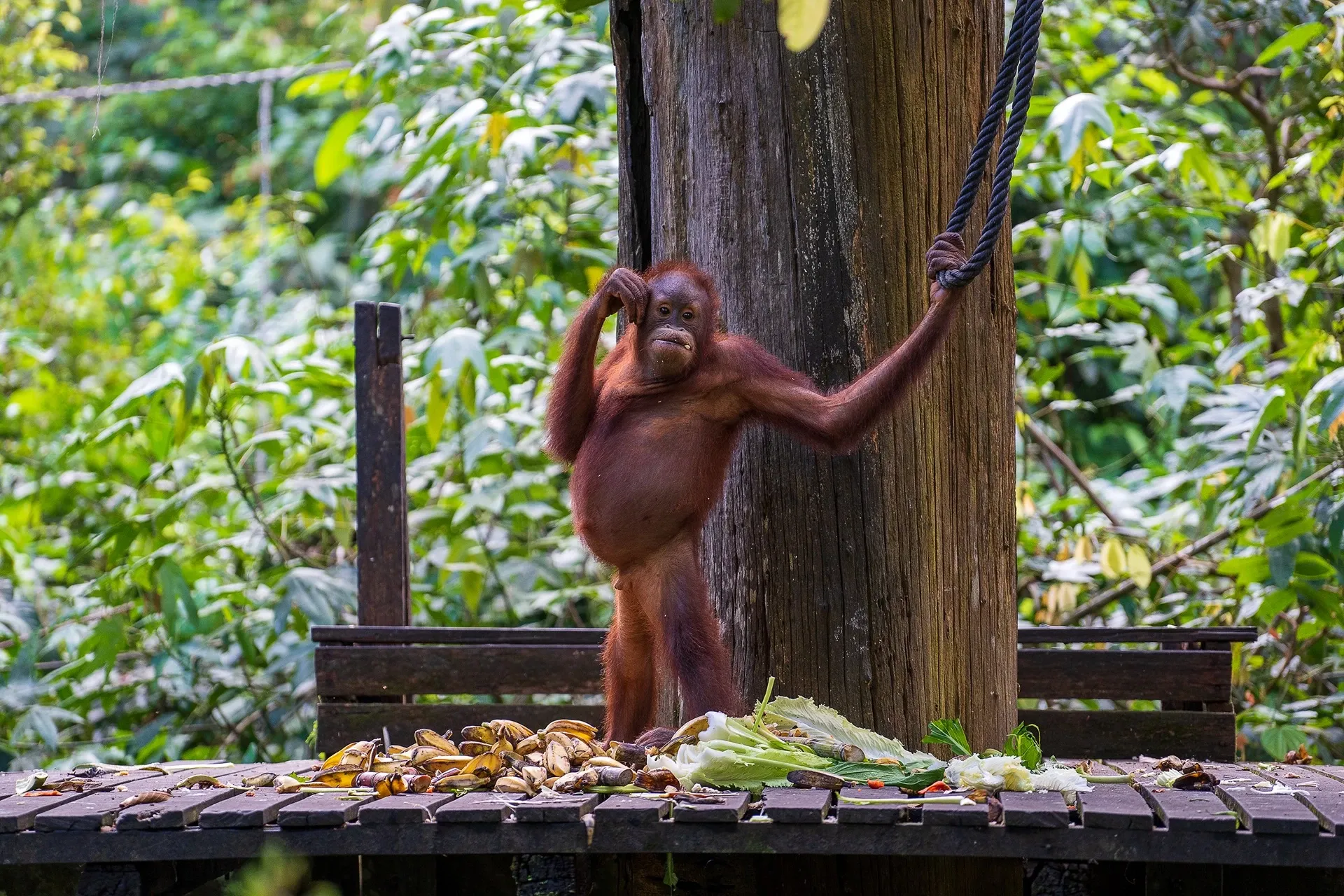
Why we need to protect primates?
Conservation status varies widely among primate species, with some facing significant threats due to habitat destruction, hunting, and climate change. For instance, the critically endangered western lowland gorilla and the Sumatran orangutan are at high risk, while species like the common marmoset face fewer immediate threats. Efforts to protect primates are crucial for maintaining biodiversity and ecological balance, as they play important roles in their ecosystems.
Protecting primates is essential for several compelling reasons. First and foremost, primates play crucial roles in their ecosystems, such as seed dispersal and pest control, which helps maintain ecological balance and forest health. For example, the red ruffed lemur is a key seed disperser in Madagascar's forests, and the tarsier helps control insect populations. Their presence supports biodiversity, and conserving them helps protect a wide range of species that depend on healthy habitats.
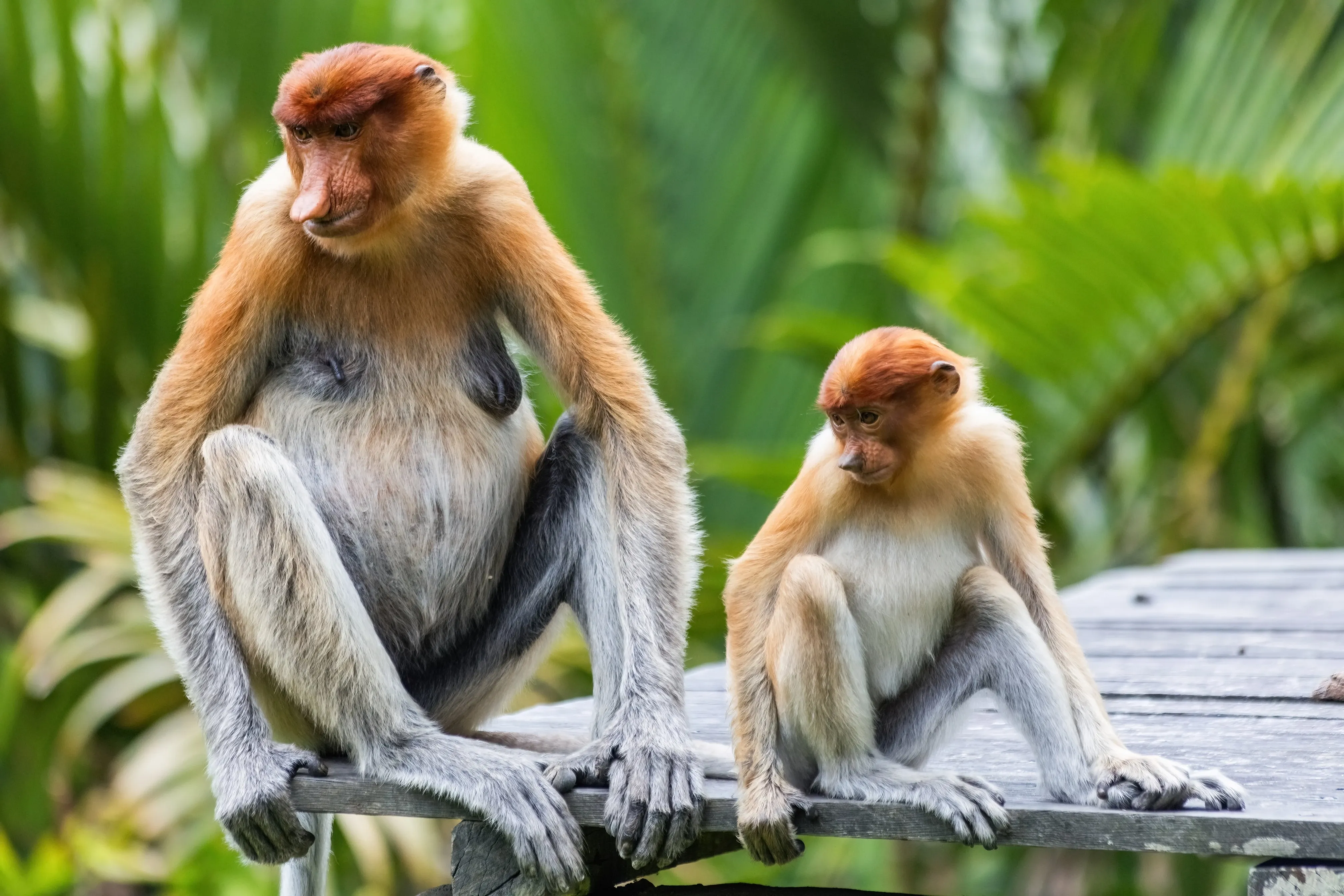
Primates also serve as indicators of environmental health; their well-being can signal broader ecological issues, making their protection vital for understanding and addressing environmental problems. For instance, the health of the proboscis monkey populations can reflect the state of Southeast Asian mangrove forests. By preserving primate habitats, we support the livelihoods of communities that rely on these forests for resources, including food and medicine. In turn, this can provide sustainable economic opportunities, such as ecotourism centered around observing primates like the mountain gorilla in their natural habitats.
»If we do not do something to help these creatures, we make a mockery of the whole concept of justice.«
How to save primates?
Saving primates requires a comprehensive approach that addresses various challenges they face. One of the most crucial steps is habitat preservation. Protecting and restoring primate habitats involves establishing and enforcing protected areas, combating deforestation, and encouraging sustainable land use practices. This helps maintain the natural environments primates depend on for survival.
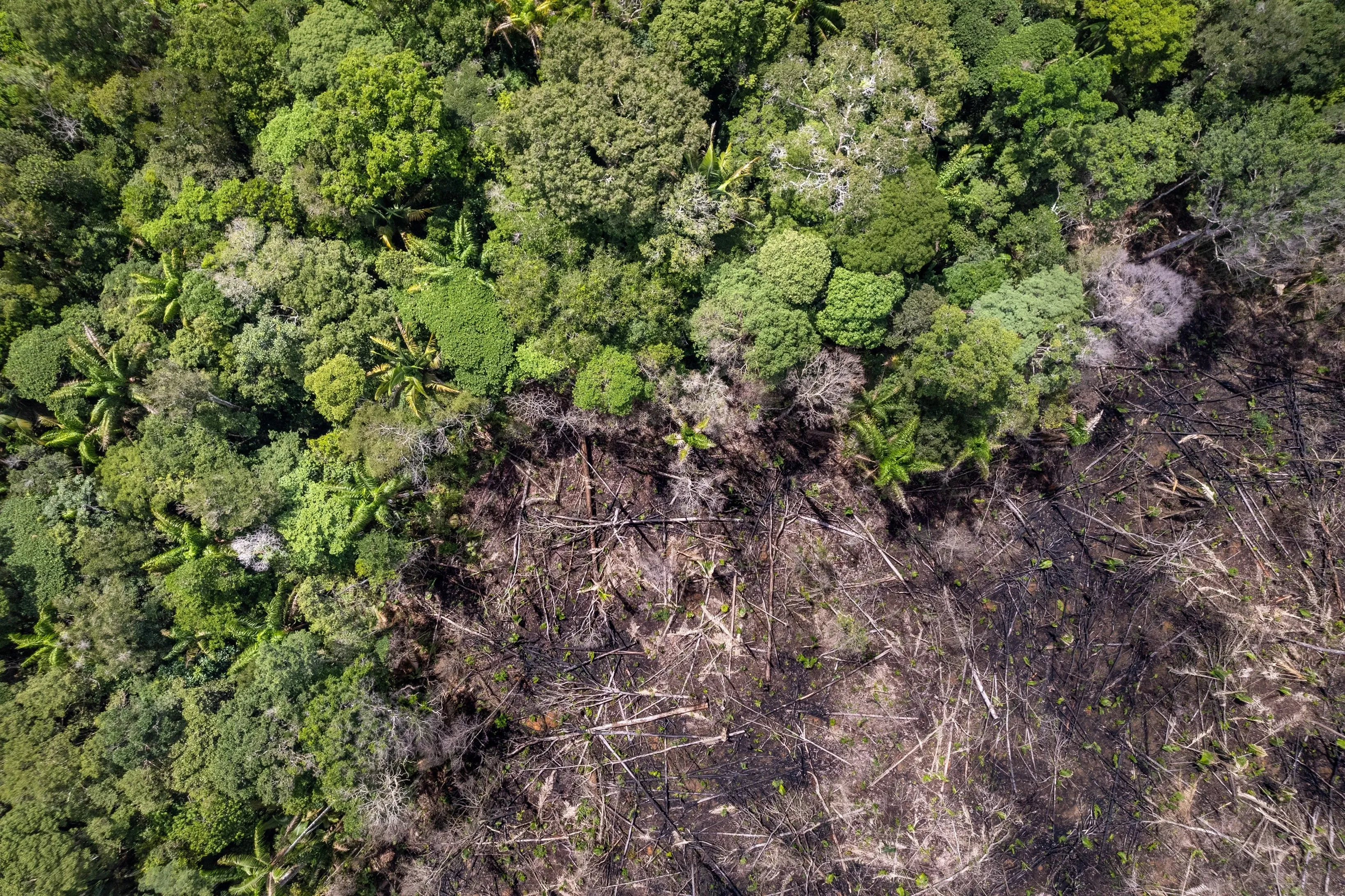
Another essential strategy is anti-poaching measures. Enforcing laws against illegal hunting and trade, supporting wildlife rangers, and employing advanced technology for monitoring can significantly reduce the threats of poaching. Engaging local communities in conservation efforts is equally important. Educating communities about the value of primates and offering alternative livelihoods can help mitigate human-wildlife conflicts and reduce activities harmful to primate populations.
Research and monitoring play also a key role in conservation. Conducting studies to understand primate behavior, ecology, and threats provides valuable insights that inform effective conservation strategies. Ongoing monitoring of primate populations, disease outbreaks, and habitat changes helps track progress and adjust efforts as needed.
FAQ - Volunteering with primates
What do I need to know about volunteering with primates?
Volunteering with primates can be an incredibly fulfilling experience, offering a unique opportunity to contribute to the conservation of these remarkable creatures. However, it requires careful preparation and a thorough understanding of the responsibilities involved. Research the organizations offering primate conservation programs and make sure that they work with your values and ethics towards conservation.
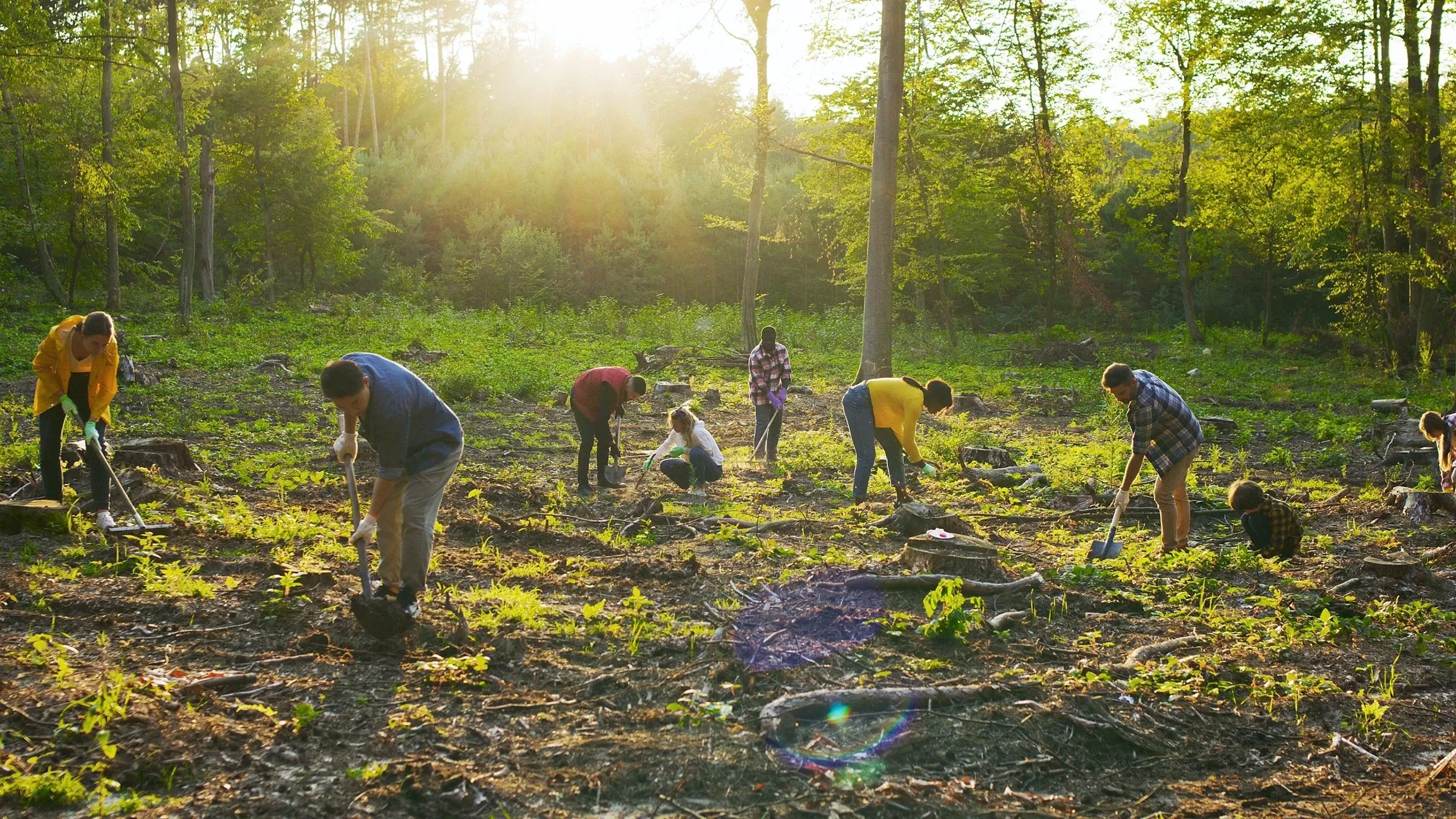
Review the specific responsibilities you will undertake, which might include tasks like monitoring primate behavior, recording data for scientific studies, assisting with habitat maintenance, or addressing human-wildlife conflicts. It also helps in reading reviews from previous program participants. Most primate species live in humid and hot conditions, so be aware that most projects can be physically exhausting due to the temperature difference, the strength of the difference tasks and living outdoor at all times.
As most projects work directly with human-wildlife conflicts it might be also mentally challenging, when seeing abused and wounded primates. Adherence to safety protocols is crucial to keep you, your team and the animals safe. This could include a strict no-touch policy, avoidance of disruptive behaviour and not taking any photographs.
Volunteering with primates involves a commitment to conservation ethics, promoting sustainable practices, and helping educate others about the importance of protecting these remarkable animals.
Where can I volunteer with primates?
Primates can be found across diverse regions of the world, each hosting distinct species and provide unique environments for volunteers to contribute to their protection and welfare.
Central and South America
The tropical rainforests of Central and South America are rich in primate diversity, including species such as capuchins, howler monkeys, and spider monkeys. Volunteers in this region can engage in conservation projects in countries like Costa Rica, Brazil, and Peru. These projects typically involve field research, monitoring primate populations, and assisting with reforestation efforts to restore and protect critical habitats. Working in the Amazon rainforest oder the Mata Atlântica, volunteers contribute to the study and preservation of one of the most biodiverse areas on the planet.
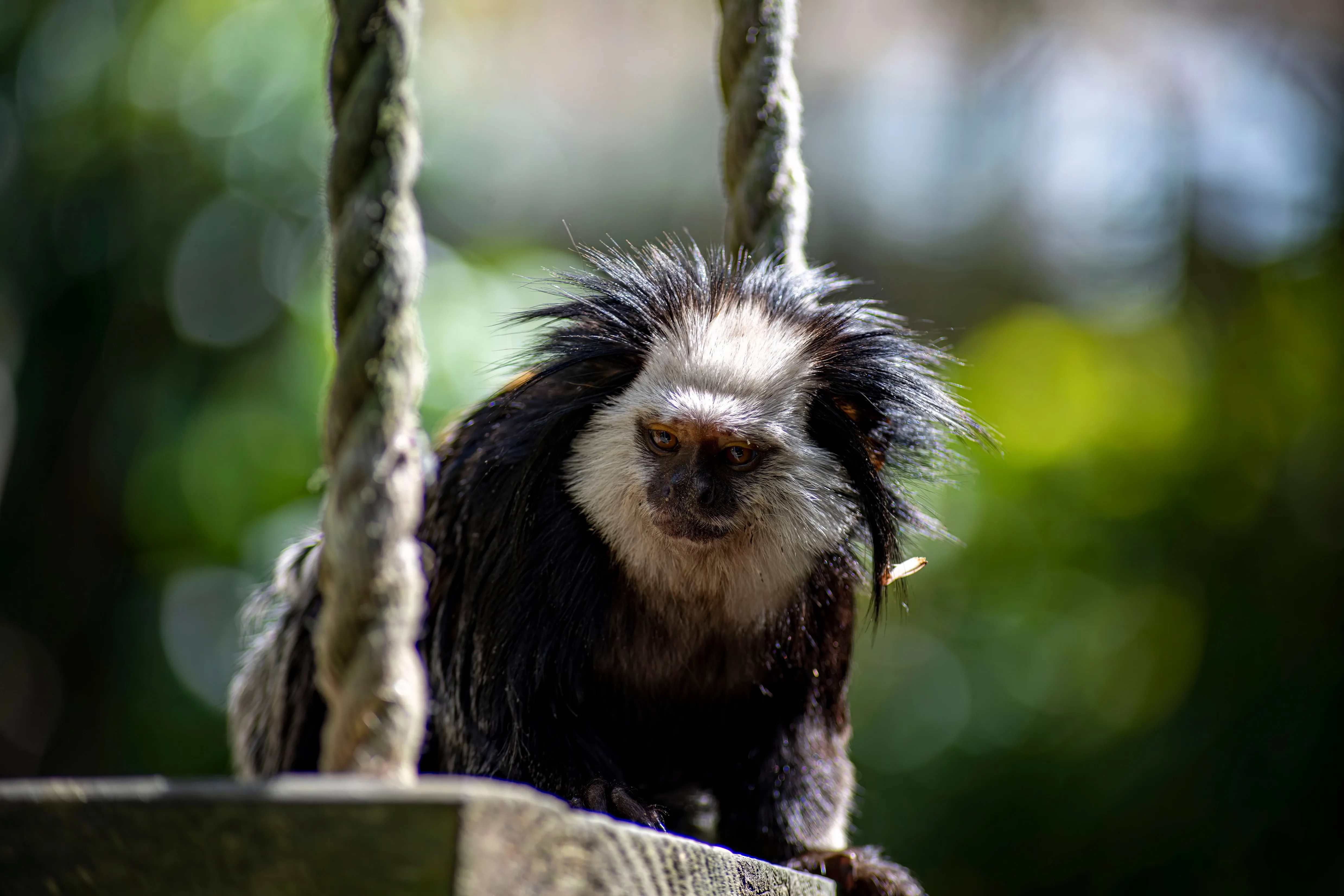
Africa
Africa is home to a vast array of primate species, including gorillas, chimpanzees, and baboons. Volunteers in this region often work in sanctuaries and national parks, assisting with the rehabilitation of rescued animals, conducting behavioral research, and engaging in community education programs. Projects in countries like Uganda, Rwanda, Malawi, South Africa allow volunteers to experience the habitats of mountain gorillas, chacma baboons, vervet monkeys, and other species, contributing to both conservation and local community development.
Madagascar is a unique region, home to an array of endemic primate species, most notably lemurs. Volunteers in Madagascar can work in conservation programs that focus on protecting these unique primates from threats like habitat destruction and hunting. These programs often include activities such as habitat restoration, community education, and scientific research. Madagascar's distinct ecosystems offer a singular experience for those looking to contribute to the conservation of some of the world's most unique primate species.
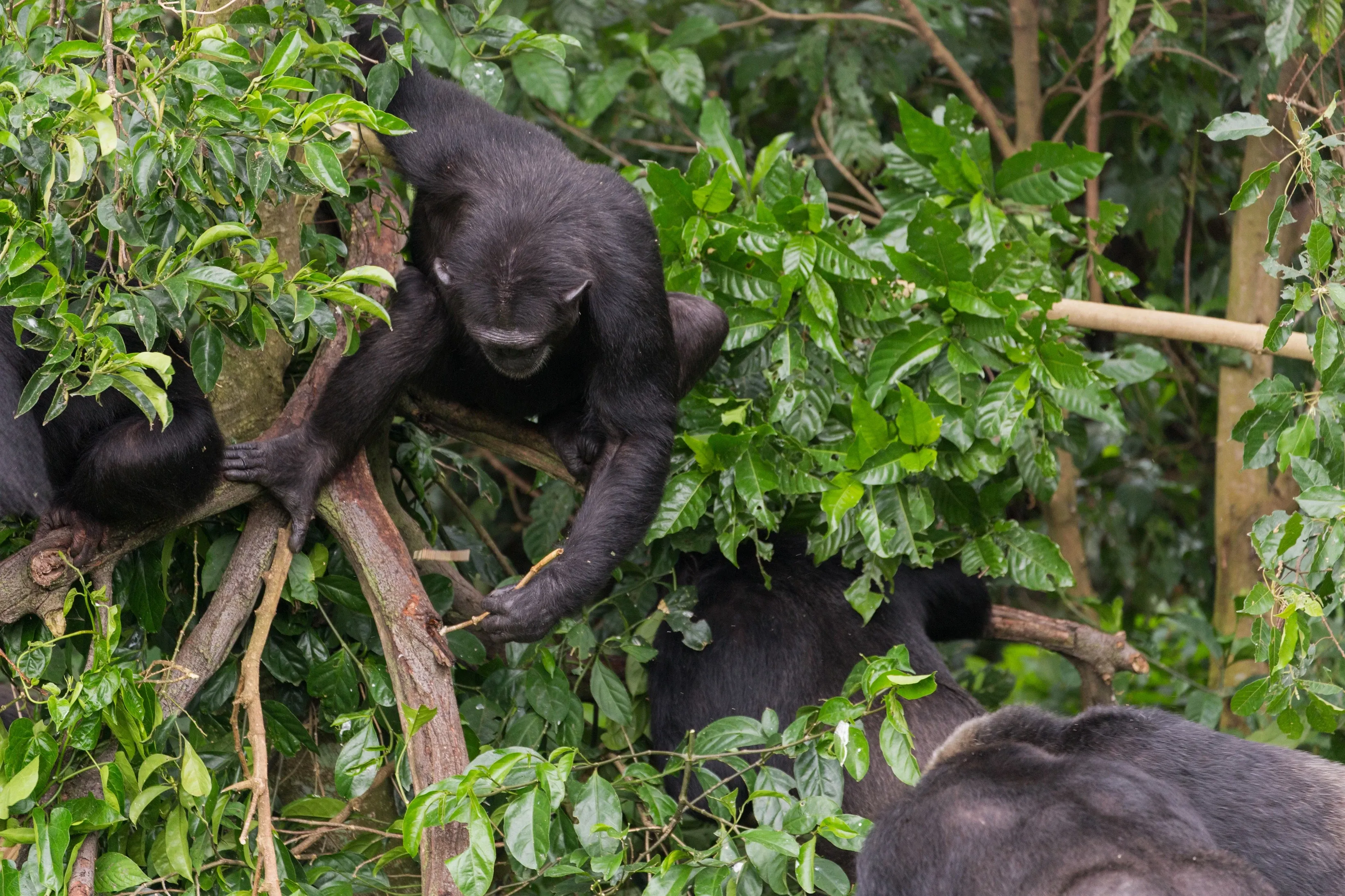
Asia
Asia is home to a wide variety of primates, including orangutans, gibbons, and macaques. In Southeast Asia, particularly in Indonesia and Malaysia, volunteers can join programs aimed at rescuing and rehabilitating orangutans affected by deforestation and the palm oil industry.
These programs often involve hands-on care, enrichment activities, and preparing primates for reintroduction into the wild. In South Asia, countries like India and Nepal offer opportunities to work with endangered primates such as the lion-tailed macaque and the hoolock gibbon, focusing on habitat preservation and community-based conservation initiatives.
Working with primates in their remote habitats, gives volunteers the opportunity not only to partake in a lifechanging opportunity to save the worlds primate species and their delicate ecosystem but also visit areas not many travellers have set foot on.
Do I need a specific qualification to participate at a volunteering program with primates?
Volunteering with primates typically does not require formal qualifications, but having certain skills and experiences can be beneficial and sometimes necessary, depending on the program and its requirements. Here are some key points to consider:
- Basic requirements: Most primate volunteer programs require participants to be at least 18 years old, although some might accept younger volunteers with parental consent. A general interest in wildlife conservation and a willingness to work hard are usually essential.
- Health and fitness: Working with primates often involves physical activity, including cleaning enclosures, preparing food, and possibly trekking through forests. Volunteers should be in good health, have a reasonable level of fitness and be aware of the often hot and humid environments.
- Experience and skills: While many programs do not require previous experience, having a background in biology, veterinary science, animal behavior, or a related field can be advantageous. Practical skills such as first aid, or research experience can also be beneficial.
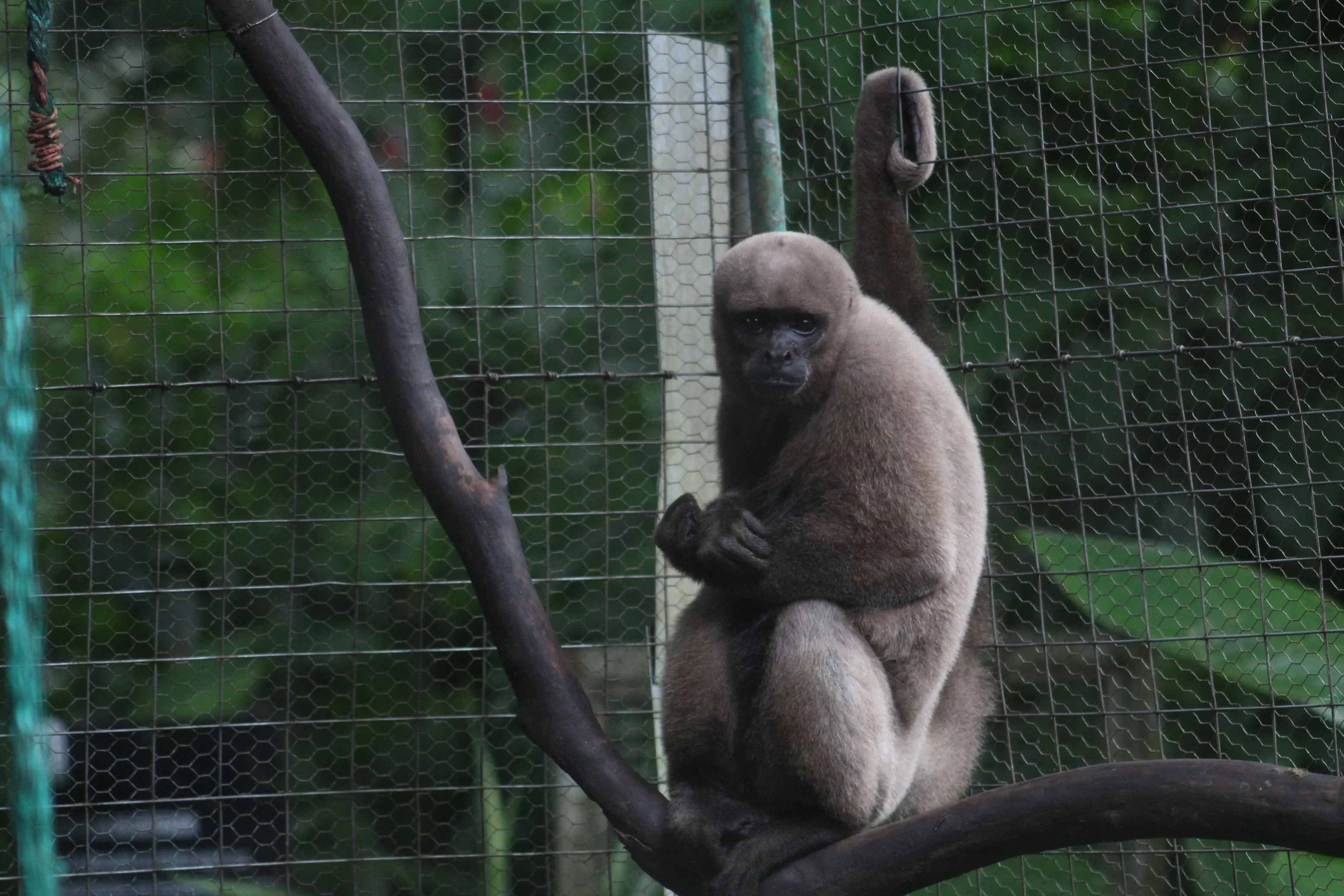
- Training and orientation: Most volunteer programs provide training and orientation to ensure that volunteers understand their responsibilities and how to safely interact with the primates. This training typically covers the specific needs of the primates, safety protocols, and the goals of the conservation efforts.
- Vaccinations and health precautions: Some programs may require volunteers to have specific vaccinations, such as for rabies, tetanus, or hepatitis, to protect both the volunteers and the primates from disease transmission.
- Commitment: Some programs prefer volunteers who can commit to longer periods, often several weeks or months, to ensure continuity and effectiveness in their work. Short-term opportunities are also available but might be more limited.
Ultimately, while specific qualifications are not always necessary, being prepared, informed, and passionate about primate conservation will enhance your volunteering experience and contribute positively to the efforts to protect these incredible animals.
How I can learn more about primates?
To deepen your knowledge of primates you can start by reading books and articles by experts such as Jane Goodall, Frans de Waal or Dian Fossey. Enrol in online courses on platforms, and attend lectures or workshops hosted by universities and conservation groups. Visiting primate reserves and zoos can provide firsthand experience while joining conservation organizations offers access to valuable resources and volunteer opportunities. Stay updated with scientific journals and connect with primatologists for personalized insights. Participating in citizen science projects and watching documentaries can further enhance your understanding of primate behavior and conservation.
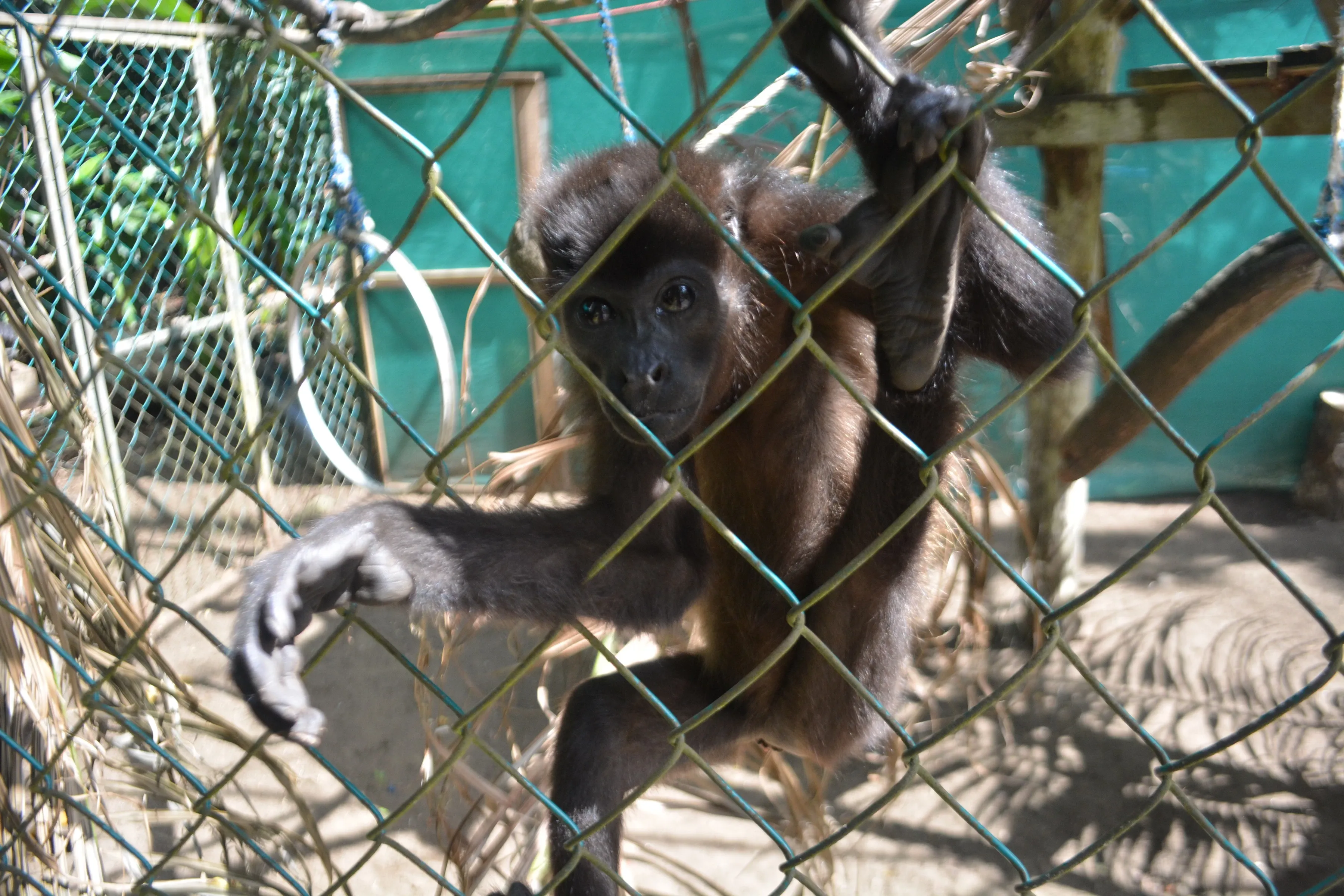
Reasons to volunteer with primates
- #1 Conservation impact: By volunteering with primates, you directly contribute to the conservation of endangered species. Your efforts can help protect and rehabilitate primates that are threatened by habitat destruction, poaching, and other human activities. This work is vital for preserving biodiversity and maintaining ecological balance.
- #2 Educational experience: Volunteering with primates offers a unique opportunity to learn about these fascinating creatures up close. You’ll gain insights into their behavior, social structures, and cognitive abilities. This hands-on experience can be invaluable for anyone interested in primatology, biology, or wildlife conservation.
- #3 Personal growth and fulfillment: Working with primates can be a deeply fulfilling experience, offering a sense of purpose and achievement. The close interactions with these intelligent animals and the knowledge that you are making a positive difference can be incredibly rewarding and enriching for your personal development.
- #4 Support for local communities: Many primate conservation projects also focus on supporting local communities through education, healthcare, and economic opportunities like ecotourism. By volunteering, you help foster sustainable relationships between primate habitats and the people who live nearby, promoting a harmonious coexistence.
- #5 Awareness and advocacy: Volunteering with primates can transform you into an advocate for their conservation. The firsthand experiences and stories you gather can help raise awareness about the plight of primates and inspire others to take action. Your advocacy efforts can extend the impact of your volunteer work far beyond your time in the field.
Sign up for the newsletter
By clicking on “Subscribe now” I will subscribe to the Conscious Explorer newsletter with all the information about mindful travel. Information on the success measurement included in the consent, the use of the shipping service provider MailChimp, logging of the registration and your rights of revocation can be found in our privacy policy.
